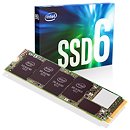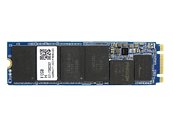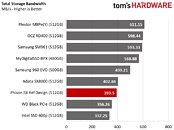AxiomTek Releases MANO560 Mini-ITX Motherboard with 12th Gen Intel Core Processor
Axiomtek is pleased to introduce the MANO560, an industrial Mini-ITX motherboard featuring the LGA1700 socket for the latest 12th Gen Intel Core processor (codename: Alder Lake S) to boost the performance of AI and IoT applications.
The industrial Mini-ITX motherboard MANO560 is based on the new Intel H610 chipset and features scalable CPU options with the 12th Gen Intel Core i9/i7/i5/i3, Intel Pentium Gold or Intel Celeron processors. While the high performance is assisted by the two DDR4-3200 SO-DIMM with up to 64 GB of memory, it is equipped with one M.2 Key E 2230 for wireless module and one M.2 Key B in which the user can choose between the PCIe x2 signal, the USB 3.2 Gen1 for 3042/3052 5G module or SATA interface for 2242 SSD, making the embedded board much more flexible. Besides, it provides a full-size mini PCIe for wireless modules and a PCIe x16 for graphics cards.
The industrial Mini-ITX motherboard MANO560 is based on the new Intel H610 chipset and features scalable CPU options with the 12th Gen Intel Core i9/i7/i5/i3, Intel Pentium Gold or Intel Celeron processors. While the high performance is assisted by the two DDR4-3200 SO-DIMM with up to 64 GB of memory, it is equipped with one M.2 Key E 2230 for wireless module and one M.2 Key B in which the user can choose between the PCIe x2 signal, the USB 3.2 Gen1 for 3042/3052 5G module or SATA interface for 2242 SSD, making the embedded board much more flexible. Besides, it provides a full-size mini PCIe for wireless modules and a PCIe x16 for graphics cards.





